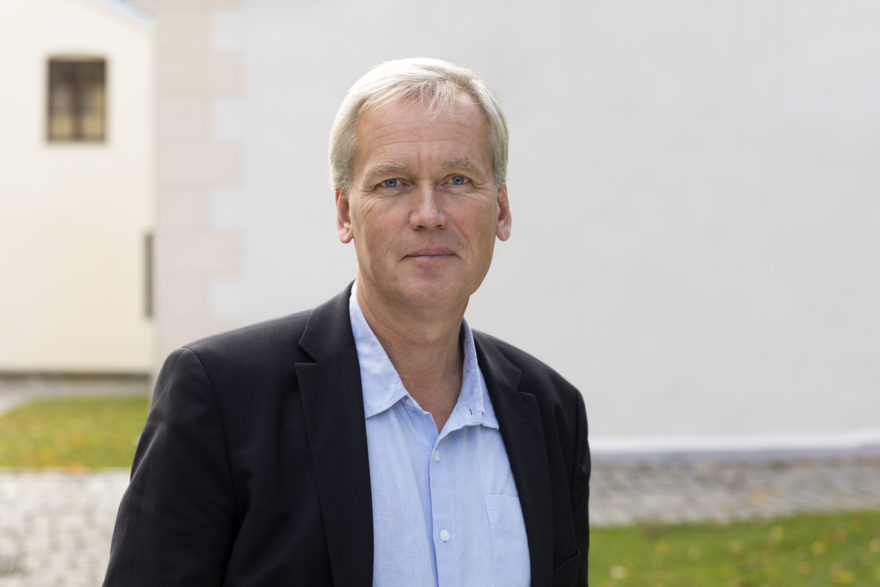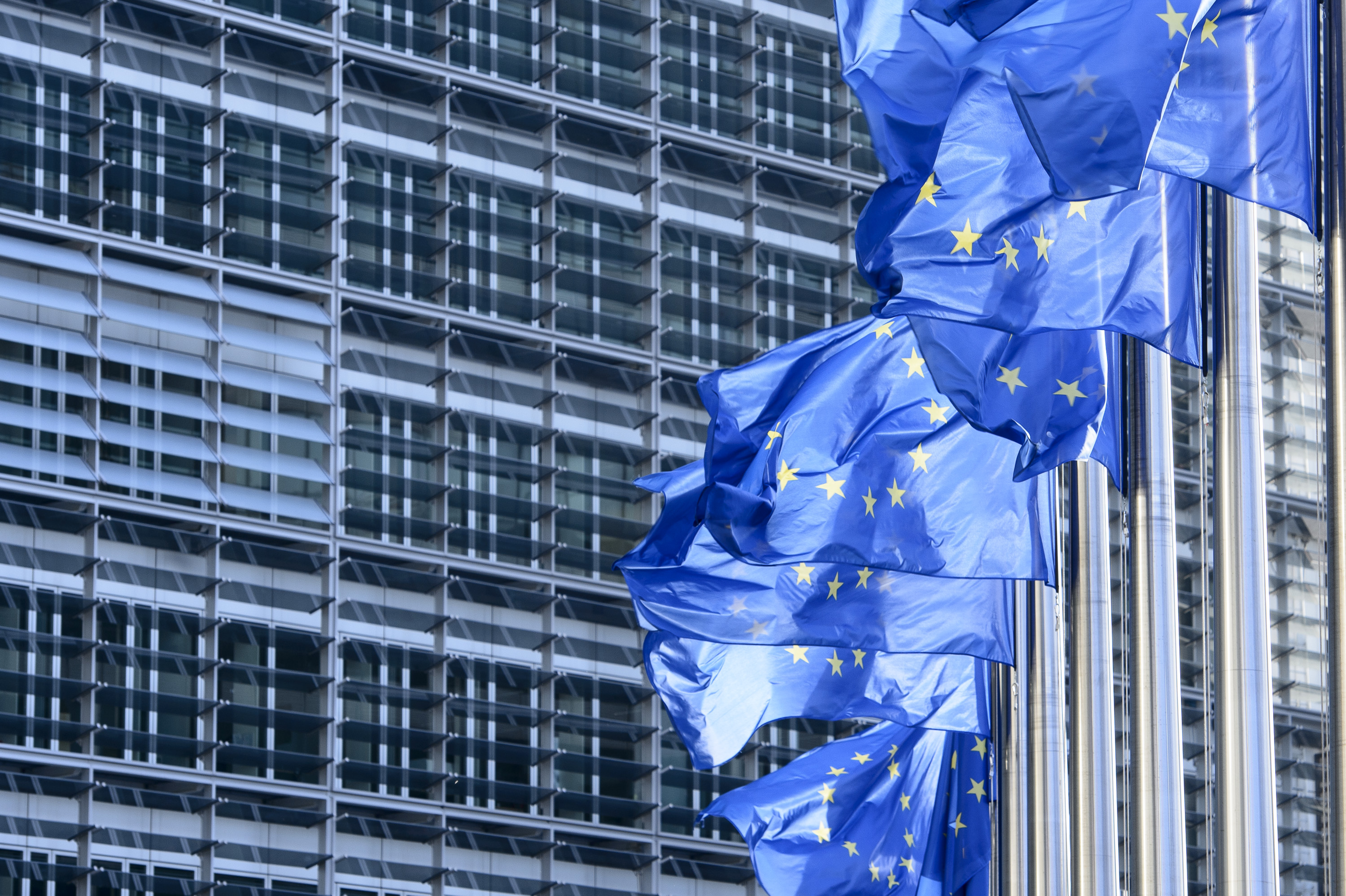According to the proposal, the Commission will propose EU sanctions against individual human rights offenders. Each year, the Commission should identify a limited number of human rights violators whom the EU should consider for admission bans. Dutch MPs Pieter Omtzigt, Martijn van Helvert, and Sjoerd Sjoerdsmaalso also support the initiative.
The proposal has been submitted to the government of the Netherlands, which has taken a leading role in promoting targeted human rights sanctions at the EU level. Such sanctions – that may include entry bans, freezing of assets, and other restrictive measures – can be used against individuals acting in or misusing their official capacity as well as individuals belonging to non-State actors (i.e. rebel groups). The sanctions should be, apolitical, based on human rights criteria, and be focused on individual human rights offenders.
Tuesday 20 November, the Dutch Foreign Ministry host senior officials from EU member states and other partners in The Hague to discuss how such a mechanism could be set up.
“While there might be different ideas on how to establish such human rights sanctions, or Magnitsky sanctions as they often are called, at the EU level, it is important that viable solutions and ideas are put forward at this time”, says Bjørn Engesland, Secretary General of the Norwegian Helsinki Committee.

“The proposal that we are putting forward with ESI and a group of Dutch Parliamentarians has a strong advantage; it does not require new legislation and it can be carried out within short time.”
The proposal asks for a group of European states to establish an independent Commission in The Hague. The Commission should present an annual list, based on submissions by independent human rights organisations and other institutions, of selected human rights offenders. The list will be submitted to the EU Council and to individual European states to declare entry bans (and possibly other sanctions) against the offenders.
According to Gerald Knaus, Head of ESI, the goal is to “suggest how the meeting in The Hague might become a turning point and how tangible results are achievable within the next twelve months. The proposed European Entry Ban Commission could also open the door to further investigations, Interpol red notices and other measures.”
Background
The Norwegian Helsinki Committee (NHC) has for years advocated that EU should adopt a Magnitsky Law that bans entry and freeze assets of human rights violators. Several resolutions in the European Parliament, the Parliamentary Assembly of the Council of Europe (PACE) and the OSCE Parliamentary Assembly have asked for such legislation to be adopted on national level and/or at EU level.
The NHC is co-operating with the Magnitsky Global Justice Campaign, headed by Bill Browder, which has played a leading role in promoting Magnitsky sanctions.
In realising that it is hard to achieve consensus on adoption of EU-level Magnitsky sanctions, the NHC has argued that Norway and other democratic countries should pioneer such legislation. In a 2015 Policy Paper, the NHC showed how Norway could take a lead on this.
In November 2017, it arranged the Oslo Magnitsky Hearing to i.a. discuss sanctions.
Several European countries have in recent years followed US and Canada in adopting versions of global Magnitsky legislation, such as the UK, Lithuania, Estonia, and Latvia. Such legislation is not directed against nationals from any specific country but establish sanctions against officials based on human rights criteria.
Recently, in a new development, the Government of the Netherlands has taken upon itself to present the case for targeted human rights sanctions on the EU level. Earlier initiatives were put forward by national Parliaments, the European Parliament or international Parliamentary Assemblies.
Evaluating whether targeted sanctions work effectively, also taking into account the rights of listed offenders, studies have concluded that existing EU targeted sanction regimes have improved substantially in recent years but that there is still scope for further refinement.
The new proposal by ESI, the Norwegian Helsinki Committee and a group of Dutch Parliamentarians differs from previous proposals in that it also includes a communication strategy. It designs a Commission that can reach out to citizens across Europe and beyond to make them understand the reasons for the sanctions. The sanctions include entry bans but may be extended to freezing of assets, and other measures.
The NHC will continue to advocate for national Magnitsky mechanisms that can target larger numbers of violators. Establishing a European Human Rights Entry Ban Commission should be the starting point of further developments to increase protection of human rights where it is most needed.
